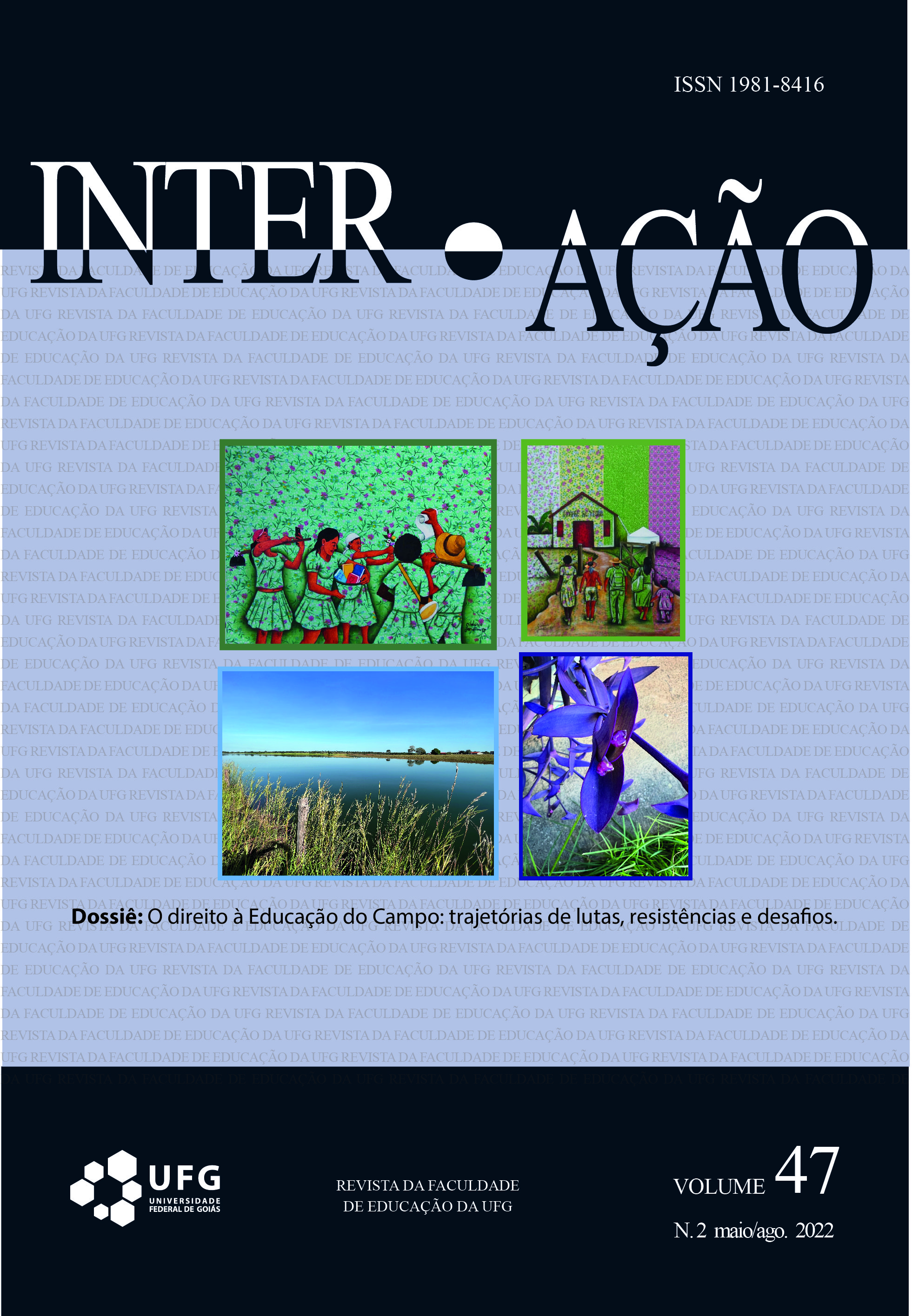O RETORNO DO PRESENTE: POSSIBILIDADES PARA UMA EDUCAÇÃO EMANCIPADORA QUE NOS GARANTA UM FUTURO VIVO
DOI :
https://doi.org/10.5216/ia.v47i2.71422Résumé
Este artigo propõe-se a pensar alternativas que possibilitem a emancipação humana por meio da educação. Diante disso, a proposta pedagógica aqui desenvolvida, que surge da investigação traçada em torno da “educação bancária”, diagnosticada por Paulo Freire, objetiva elaborar reflexões alternativas ao modelo hegemônico de educação. O método de abordagem empregado foi o dedutivo, e o de procedimento, a análise interpretativa e crítica por intermédio de pesquisa bibliográfica. Os resultados revelam a necessidade de transformações urgentes às quais o sistema educacional deve se submeter, mediante o retorno das aulas presenciais, a fim de garantir que a instituição atue como geradora de bem-estar social. Por fim, é anunciada uma educação pós-pandêmica, que possibilitaria a chegada de novos paradigmas em detrimento daqueles que herdamos da cultura ocidental moderna.
PALAVRAS-CHAVE: Educação. Cultura. Pandemia. Modernidade.
Téléchargements
Téléchargements
Publié-e
Comment citer
Numéro
Rubrique
Licence
© Airely Neves Pereira, Adriane Raquel Santana de Lima 2022

Cette œuvre est sous licence Creative Commons Attribution - Pas d'Utilisation Commerciale 4.0 International.
A Inter-Ação utiliza como base para transferência de direitos a licença Creative Commons Attribution 4.0 para periódicos de acesso aberto (Open Archives Iniciative - OAI). Por acesso aberto entende-se a disponibilização gratuita na Internet, para que os usuários possam ler, baixar, copiar, distribuir, imprimir, pesquisar ou referenciar o texto integral dos documentos, processá-los para indexação, utilizá-los como dados de entrada de programas para softwares, ou usá-los para qualquer outro propósito legal, sem barreira financeira, legal ou técnica.
Autores que publicam neste periódico concordam com os seguintes termos:
1) Autores mantém os direitos autorais e concedem à revista o direito de primeira publicação, com o trabalho simultaneamente licenciado sob a Licença Creative Commons Attribution que permite o compartilhamento do trabalho com reconhecimento da autoria e publicação inicial nesta revista.
2) Autores têm autorização para assumir contratos adicionais separadamente, para distribuição não-exclusiva da versão do trabalho publicada nesta revista (ex.: publicar em repositório institucional ou como capítulo de livro), com reconhecimento de autoria e publicação inicial nesta revista.
3) Autores têm permissão e são estimulados a publicar e distribuir seu trabalho online (ex.: em repositórios institucionais ou na sua página pessoal) a qualquer ponto antes ou durante o processo editorial, já que isso pode gerar alterações produtivas, bem como aumentar o impacto e a citação do trabalho publicado.















